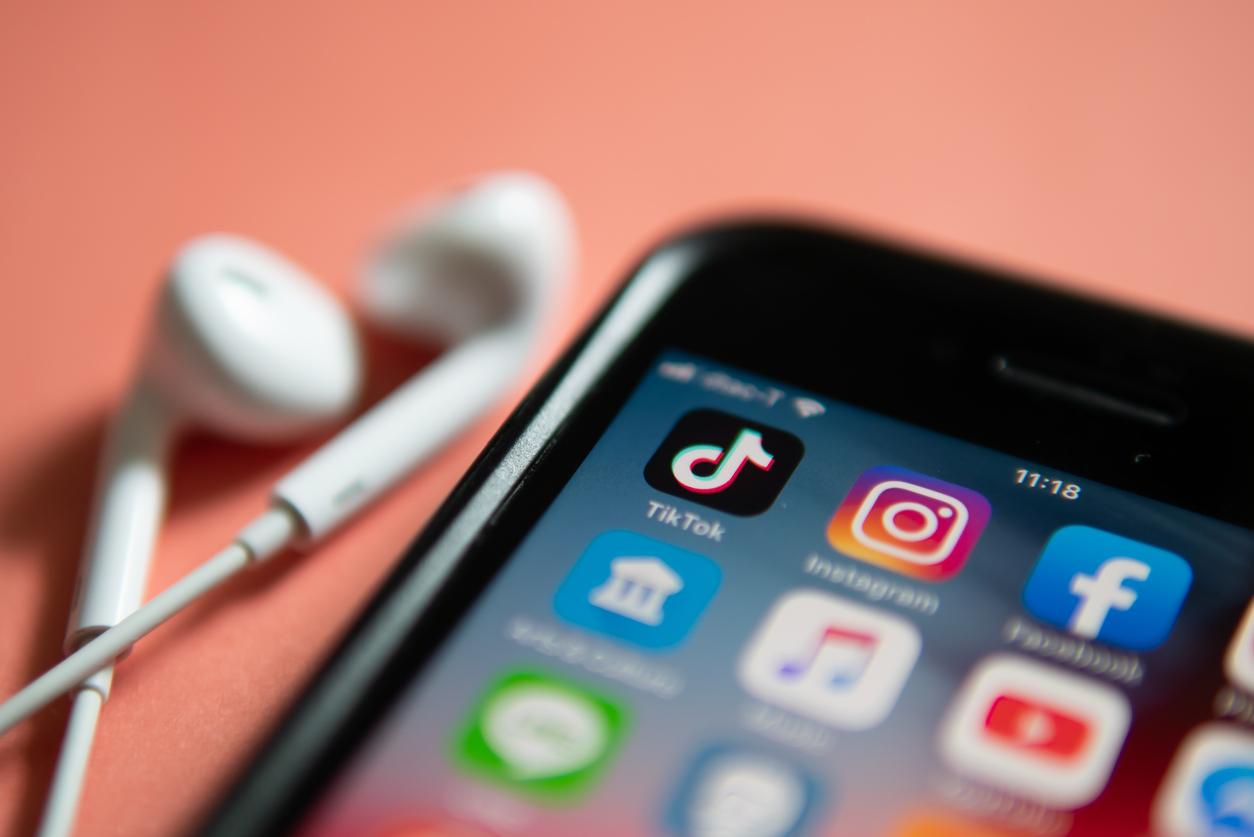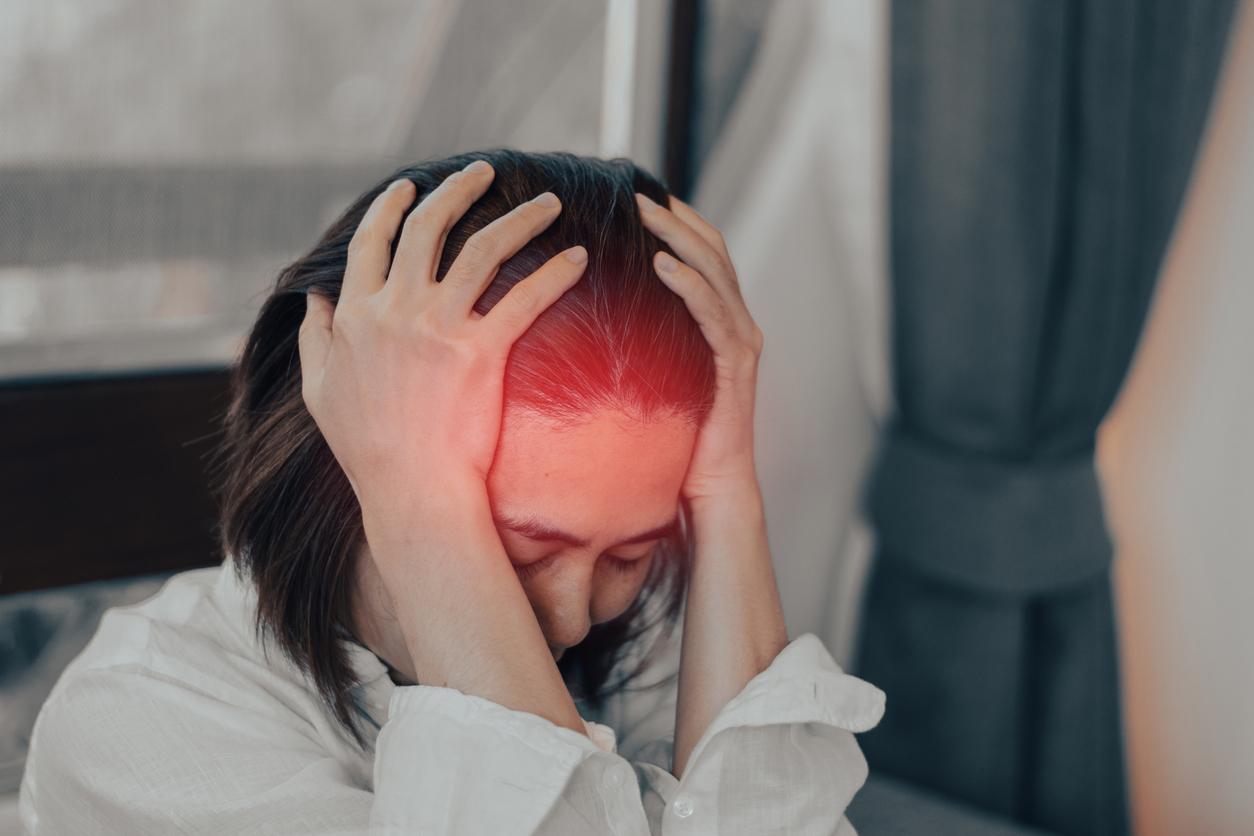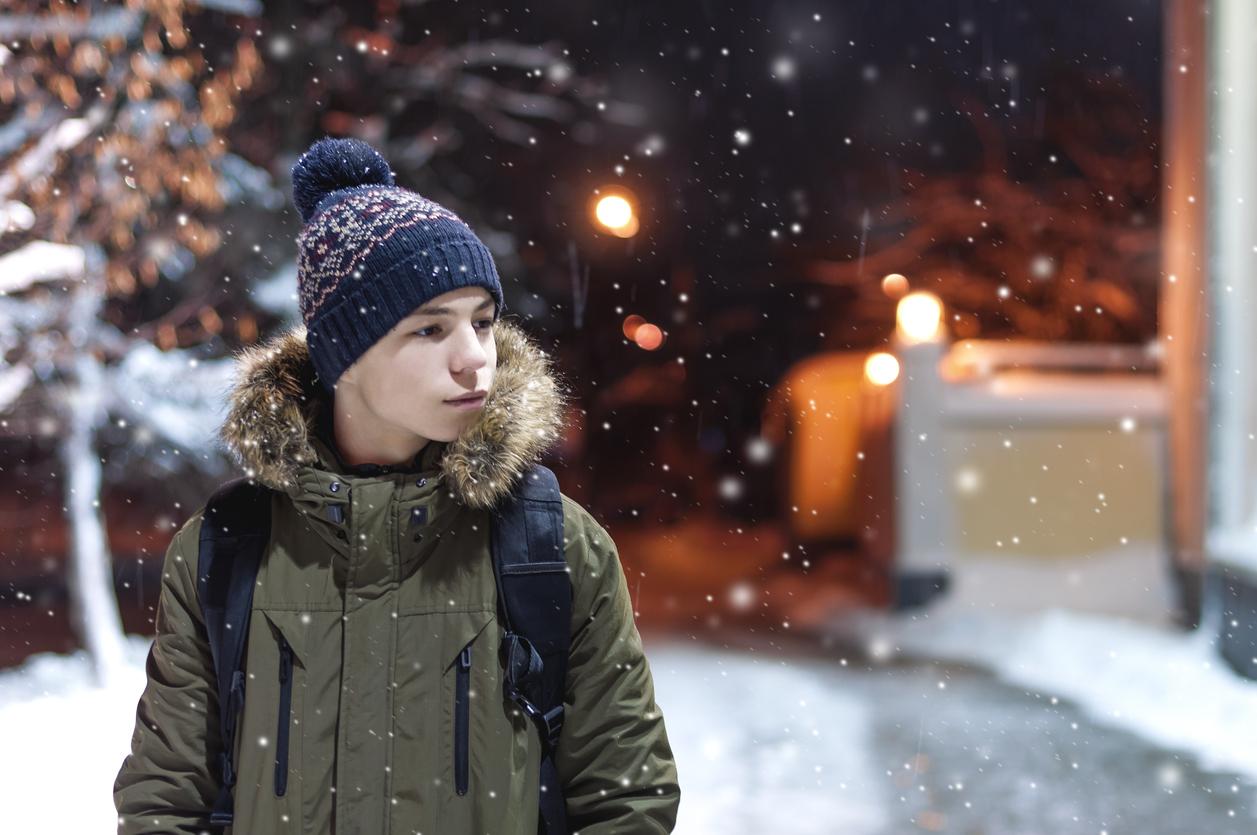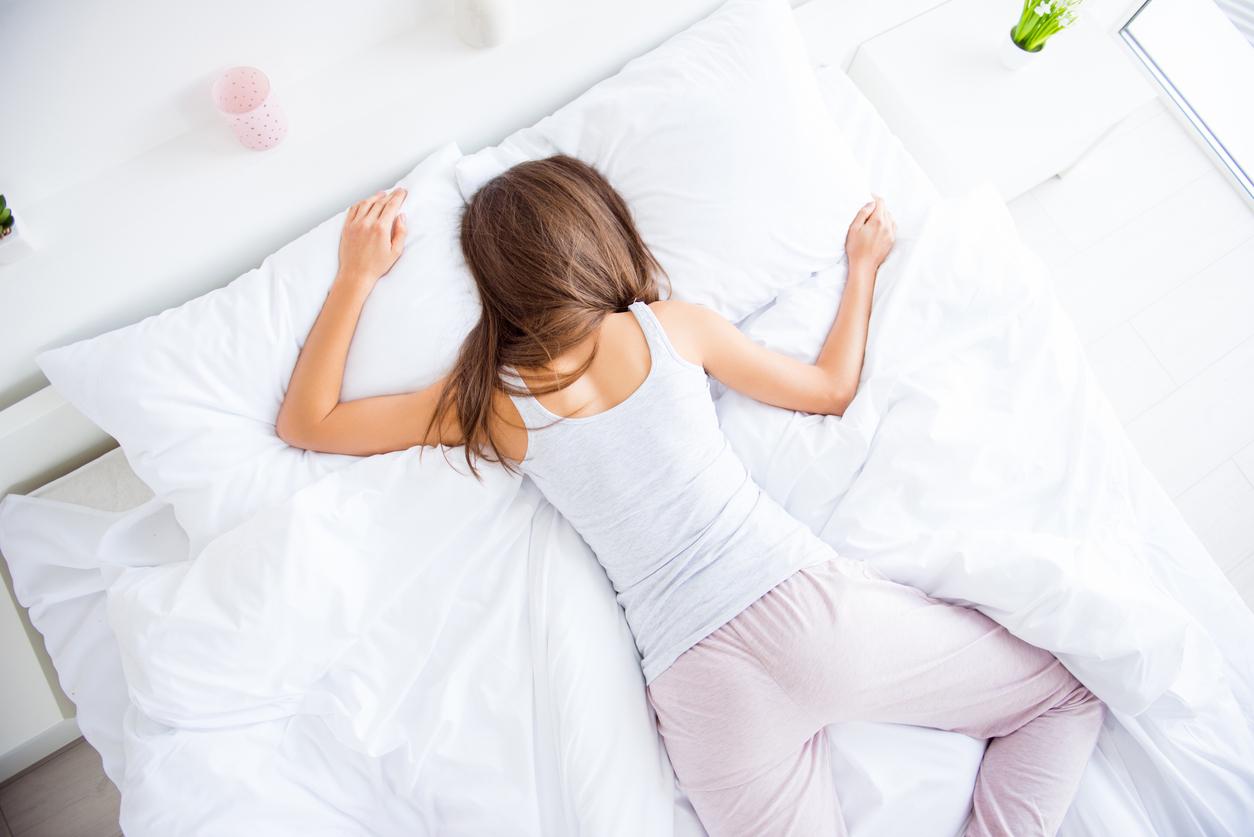Young people who are very fond of digital content broadcast by platforms such as TikTok, Instagram Reels and YouTube Shorts are having less good nights.

- Little and/or poor sleep can lead to significant health problems.
- Adolescents need more sleep, a minimum of 8 hours each night and a maximum of 10 hours.
- Teens who watch a lot of short videos on social media have more trouble sleeping, according to a new study.
According to a new studyhigh school students addicted to short videos tend to recover less well when they go to bed.
Sleep and videos: 1,629 high school students included in the study
Recently becoming very popular among young people and distributed by platforms such as TikTok, Instagram Reels and YouTube Shorts, the very short videos analyzed in the research generally feature viral topics with catchy music and dynamic editing.
Titled “Adolescents’ short-form video addiction and sleep quality: the mediating role of social anxiety” and written by Li Jiang and Yizoon Yoo, the trial involved 1,629 high school students in Shandong Province, China. After ensuring that they were all between the ages of 16 and 17, the researchers assessed their level of video addiction, potential anxiety and sleep quality.
When all the data was analyzed, the results showed that adolescents with a more pronounced addiction to watching short videos tended to report poorer sleep quality and higher levels of anxiety.
“Short-form video addiction is positively correlated with sleep quality and anxiety in adolescents,” conclude the authors of the study. Future research may be able to determine whether addiction to short-form videos actually reduces sleep quality or whether high school students with sleep problems simply spend more time watching this type of content before falling asleep.
Sleep: what are the needs of adolescents?
The amount of sleep each individual needs is very different and is genetically programmed. It can vary from less than 6 hours to more than 9 hours per night.
“Sleep will also be very different depending on age, both in terms of duration and organization,” indicated recently in our columns the neurologist Christelle Monaca-Charley and Dr Lise Lanvin, member of the French Society for Sleep Research and Medicine (SFRMS).
“Adolescents need more sleep, a minimum of 8 hours each night and a maximum of 10 hours. In terms of biological rhythms, adolescents’ internal clocks tend to shift, with later falling asleep and waking up.” specifies in this sense the Morpheus network.
Little and/or poor sleep can lead to significant health problems.Many studies have described the long-term impact of lack of sleep on health: beyond a deterioration in quality of life, it aggravates the symptoms of somatic or psychiatric illnesses such as chronic pain, type 2 diabetes or depression”, noted Inserm.

















